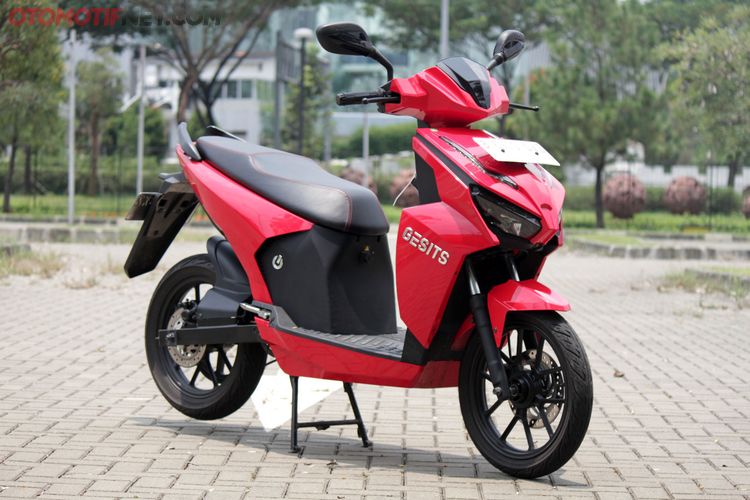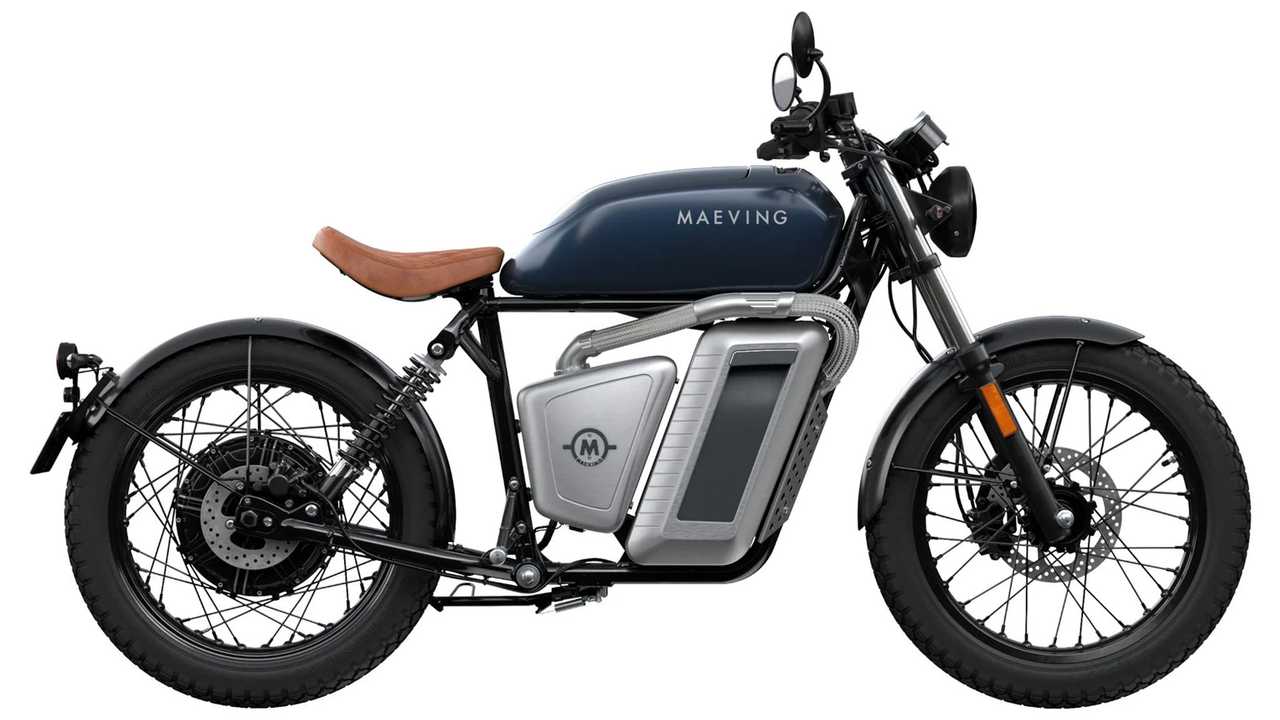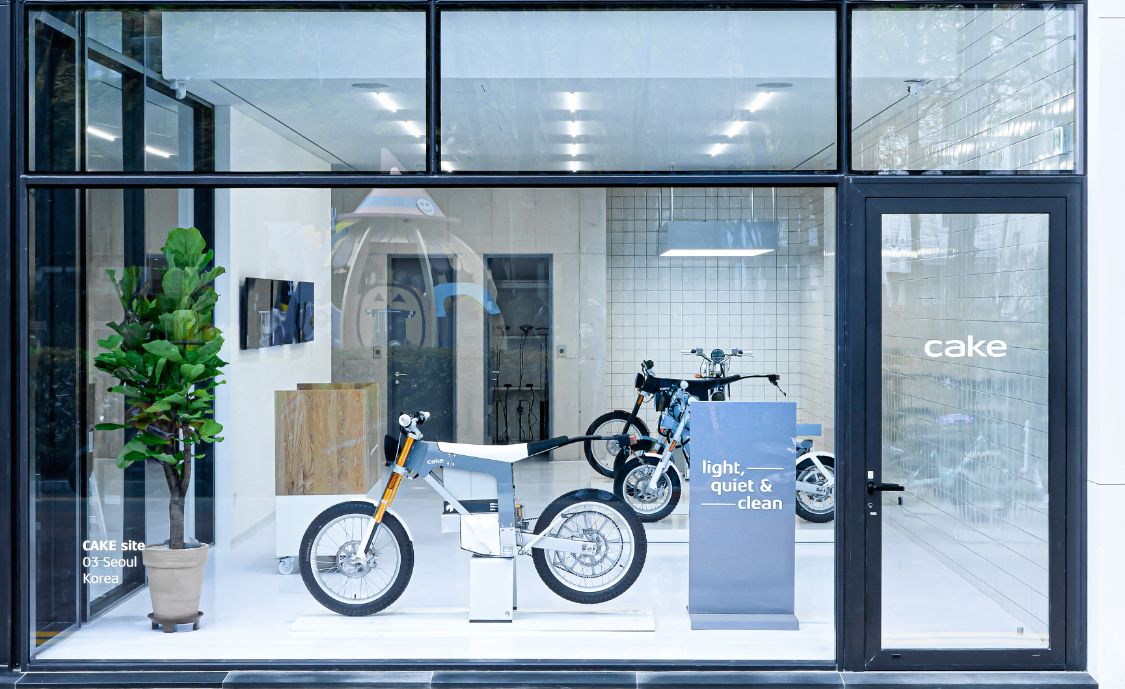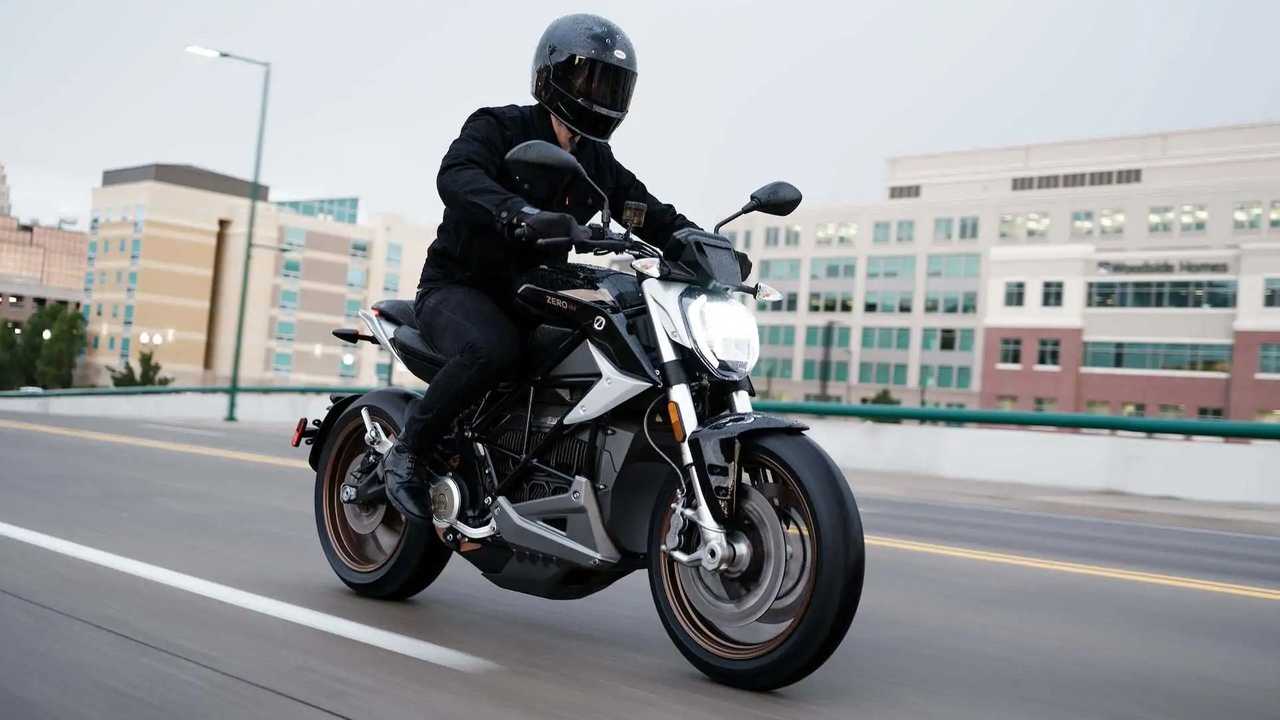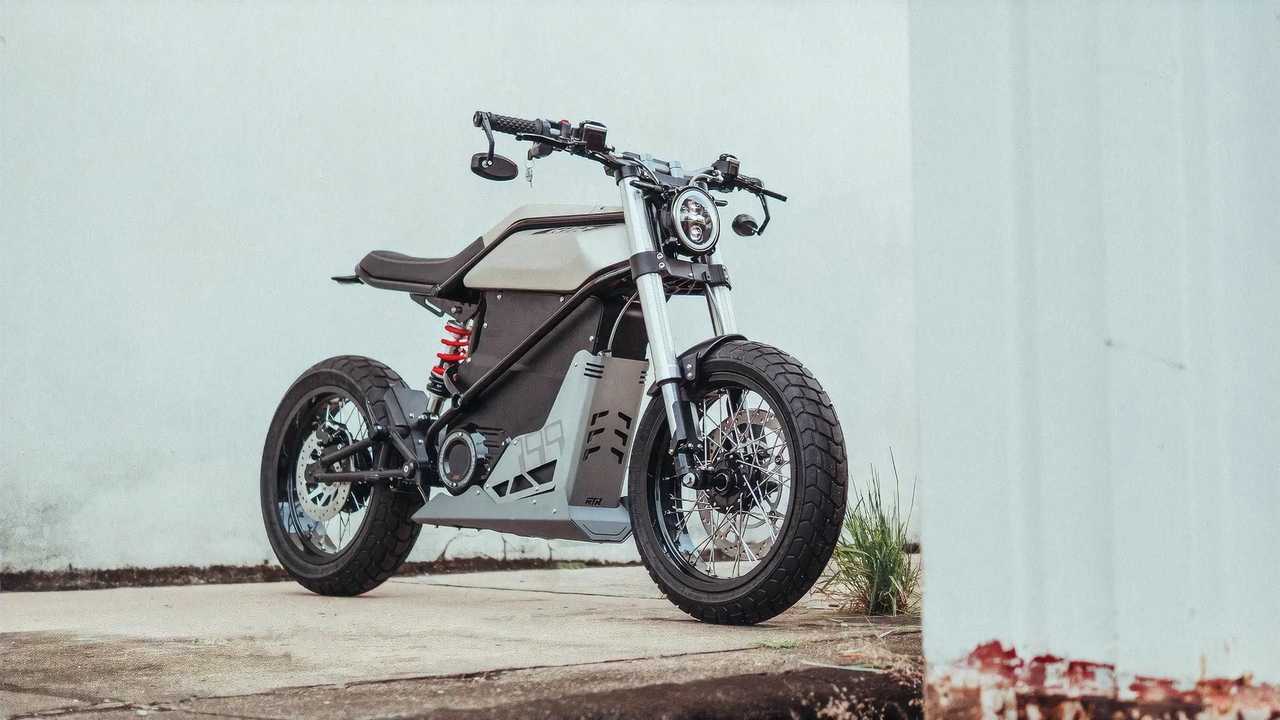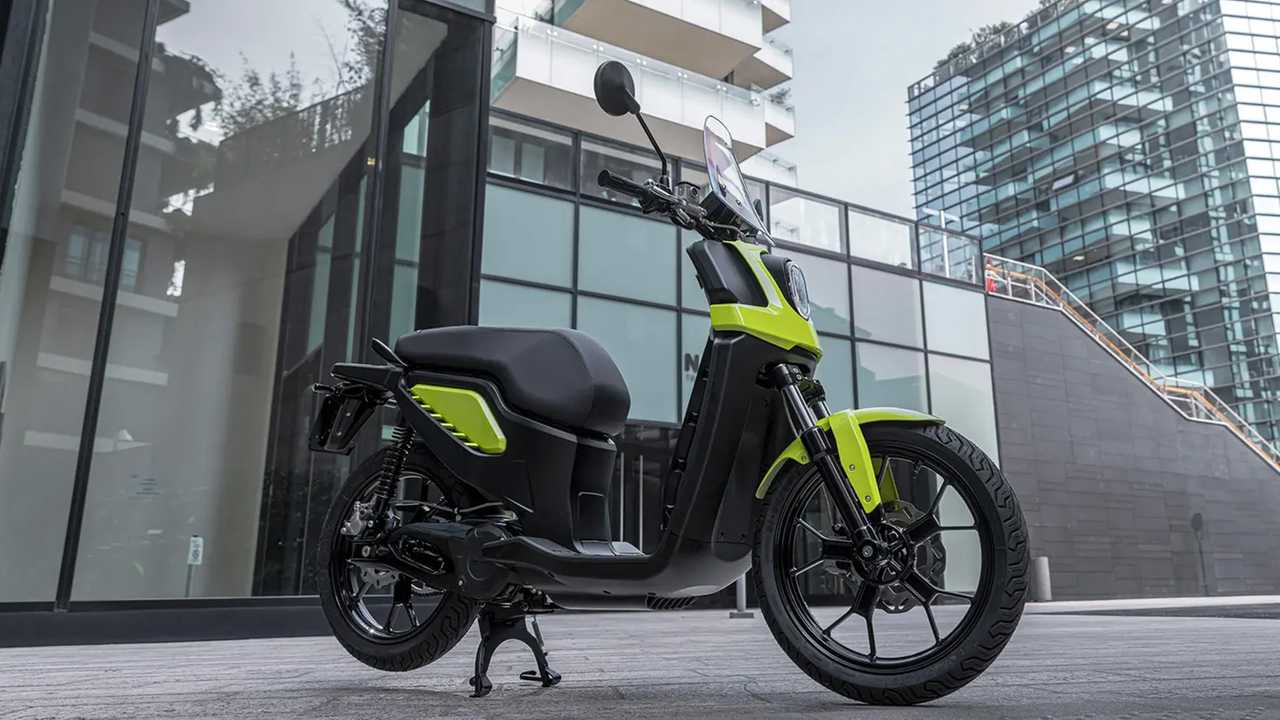Indonesia, a South East Asian nation, has set bold targets for itself in its efforts to reduce greenhouse gas emissions and achieve carbon neutrality. The country had previously aimed for a 29% reduction in greenhouse gas emissions by 2030 and put two million electric motorcycles on the road by 2025. While these goals may seem ambitious, the nation is taking tangible steps to achieve them.
The government of Indonesia has recently announced a state-funded subsidy program worth 7 trillion rupiahs (~$459M USD) to encourage the purchase of electric motorcycles. The program aims to promote the sale of 800,000 new electric two-wheelers and fund the conversion of 200,000 combustion-engine motorcycles by 2024. With 32,000 electric motorbike owners in the country as of October 2022, the subsidy program could mark a significant milestone for electric mobility in Indonesia.
The Indonesian government has set an objective of transitioning 10% of its population to electric vehicles (EVs) in the immediate future. The Coordinating Minister of Investment Affairs, Luhut Pandjaitan, commented, “We are launching this program so that massive adoption of battery electric vehicles can be achieved soon, and the Indonesian transportation industry can be transformed into a greener industry.”
In addition to the subsidy program for electric motorcycles, the government has also announced incentives for 35,000 electric automobiles and 138 electric buses. With Indonesia’s rich deposits of nickel and cobalt, the government aims to develop a battery supply industry that would not only help the country achieve its emission goals but also yield energy security, products for export, and new jobs.
Indonesia’s ambition and opportunity in the electric vehicle sector are apparent. While the country’s goal of putting two million electric motorcycles on the road by 2025 has been scaled back to one million units by the end of 2024, it is still an achievable feat, given the 133 million registered motorbike owners in the country. The government’s commitment to electric mobility and battery supply development will pave the way for a green transformation in Indonesia.

